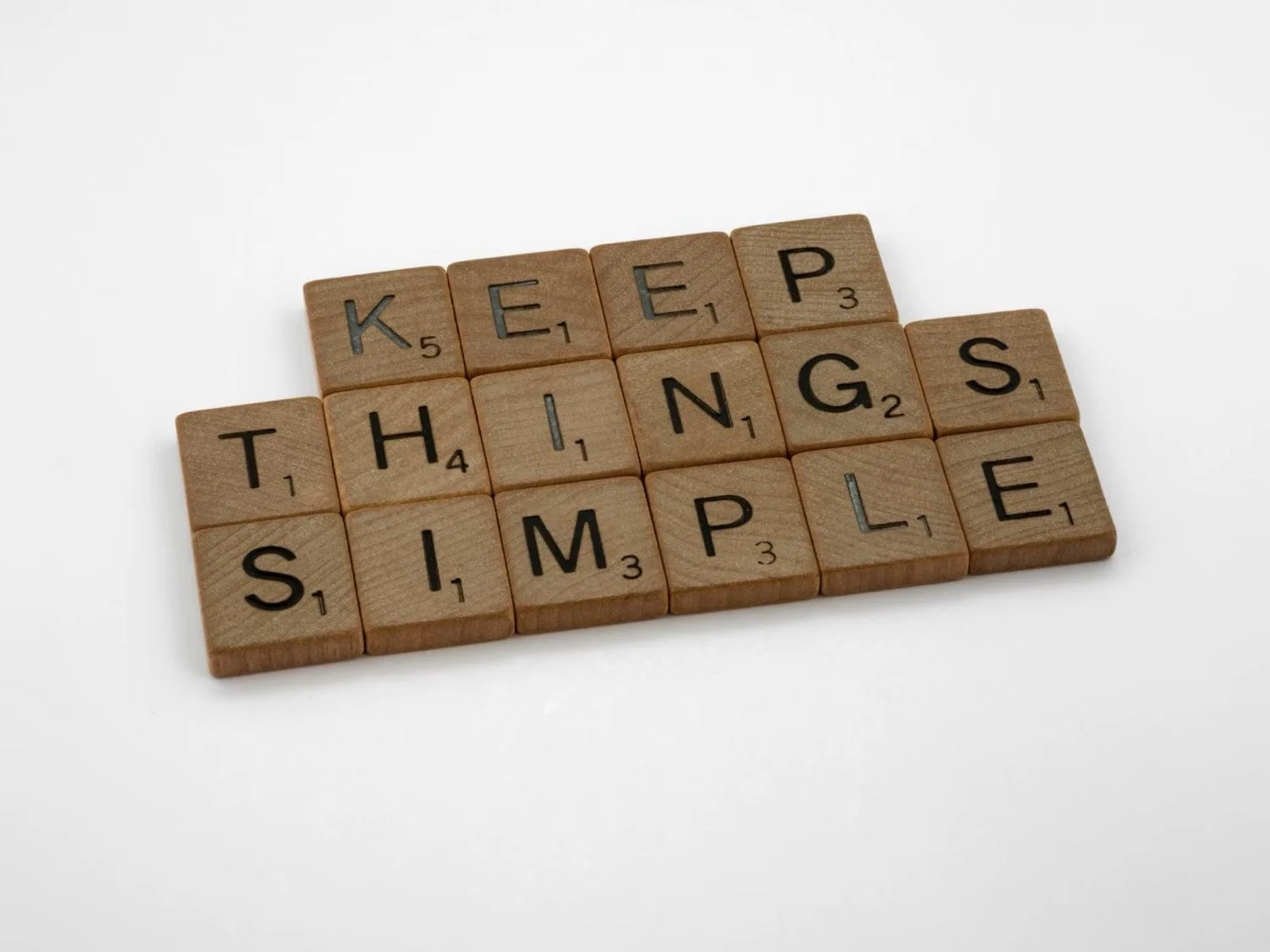Readings for today: Job 4-7, Psalms 136
Job is a hard book for me to read. Mainly because I have seen firsthand what harsh and judgmental words can do to someone who is hurting. I have seen how careless words can wound someone who is already suffering. I have seen how foolish words - though unintended - can pile on someone who is already beaten down in so many ways. I’ve sat with families as a loved one lay dying, only to listen in horror as a friend starts talking about how God needs their loved one more than they do. I’ve sat with parents who’ve lost a child, feeling so helpless as well-meaning people try to explain the unexplainable. I’ve wondered at pastors who seem to get a charge out of telling someone they are going to hell rather than try to draw them to heaven. I’m reminded of all these things and more when I listen to Job’s friends respond to Job’s cries of anguish.
What is it about us that makes us speak when we should listen? Drives us to offer an opinion when we should remain silent? Eliphaz listens to Job lament the very day he was born. He hears Job cry out in his grief. And what is his response? Does he offer any words of comfort? Does he put his arm around his dear friend and weep with him? Does he offer compassion and kindness in his hour of need? No. Eliphaz instead chooses to try to explain why everything has taken place. Somewhere down deep, he believes he has the answer Job needs. How in the world can he believe this when he knows his friend has lost everything? He’s lost his home and wealth and children and grandchildren. He’s struggling with his health and strength and faith in God. What drives a man like Eliphaz to try to offer an answer?
In my experience, it’s because we cannot seem to manage our own discomfort. We cannot manage our own feelings of anxiety. We see those we love or those we care about deeply going through suffering and it hurts. But instead of naming our hurt and sitting silently in the dust and ashes of life with the one who is suffering, we try to distance ourselves. We seek to protect ourselves. We don’t want to feel any of the pain or heartbreak. So we start talking. And talking. And talking. We offer all kinds of answers that are actually designed to make us feel better but they come at the expense of the one in need. We say all kinds of strange, convoluted things at the most inopportune moments because of the awkwardness we may be feeling which is why our words so often come out wrong. What if, instead, we sat with the tension? What if, instead, we courageously entered the dark valleys with those who are confused? Those who are in pain? Those who doubt or question or fear? What if, instead, we brought light to the darkness and hope to the hopeless and rest for the weary? What if we were a non-anxious presence?
Readings for tomorrow: Job 8-11, Psalms 137




